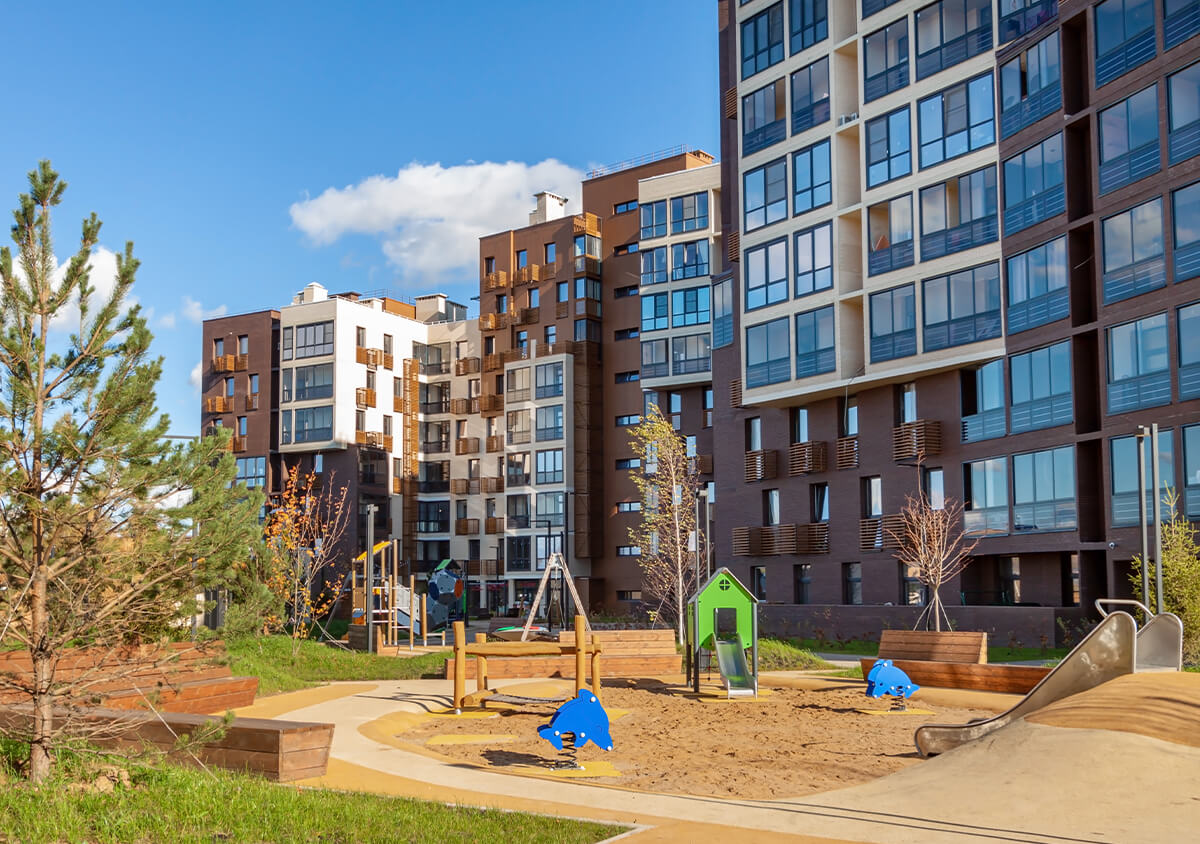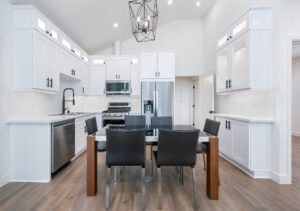Cities are the beating hearts of our modern world. They’re hubs of innovation, opportunity, and culture, attracting people from all walks of life. But this love affair with city living has brought a pressing challenge: more space. As urban populations swell, so does the demand for housing, and traditional methods of urban sprawl aren’t sustainable.
This is when commercial construction steps in, not as the villain of urban sprawl, but as a potential hero of urban density. By embracing innovative approaches and rethinking traditional methods, the industry is developing practical and livable solutions.
The Challenge: More People, Less Space
Imagine a bustling metropolis where towering skyscrapers pierce the clouds, yet finding a decent apartment feels like winning the lottery. This is the reality for many urban dwellers today. A 2023 UN report predicts that 68% of the global population will live in cities by 2050, putting immense pressure on existing infrastructure and resources.
The housing shortage isn’t just about a lack of roofs over heads; it’s about affordability, access to opportunity, and quality of life. When people are squeezed into tiny, overpriced apartments or forced to commute long distances from the suburbs, it impacts their well-being, productivity, and overall sense of belonging to the city.
Building Up, Not Out: The Density Revolution
So, how do we accommodate more people without sacrificing our green spaces or turning cities into concrete jungles? The answer lies in density. By making more intelligent use of existing urban land, we can create vibrant, walkable communities that cater to the needs of a growing population.
This is where commercial construction companies are flexing their creative muscles. Gone are the days of monolithic office towers and sprawling shopping malls. Today’s urban developments are mixed-use marvels, integrating residential units, offices, retail spaces, and green areas into cohesive, self-contained ecosystems.
Imagine a high-rise building with apartments on the upper floors, co-working spaces and cafes on the ground level, and a rooftop garden offering stunning views and urban farming opportunities. This kind of vertical village is becoming increasingly popular, fostering a sense of community and reducing reliance on cars.
Micro-Living: Small Spaces, Big Ideas
But density doesn’t have to mean cramped shoebox apartments. The micro-living movement is redefining what “small” can mean. By incorporating space-saving furniture, clever storage solutions, and multi-functional layouts, commercial contractors are creating surprisingly comfortable and stylish micro-apartments.
These tiny havens are ideal for young professionals, students, or anyone who values a minimalist lifestyle and prioritizes location over square footage. They’re also often more affordable, making them a viable option for those struggling with rising housing costs.
The Road Ahead: Collaboration and Innovation
Tackling the urban housing crisis requires a collaborative effort. Commercial construction companies need to work hand-in-hand with architects, planners, policymakers, and communities to ensure that new developments are built and integrated into the existing urban fabric.
This means prioritizing pedestrian-friendly design, incorporating green infrastructure, and ensuring equitable access to affordable housing across income levels. It’s about creating livable cities, not just dense ones.
A Future Built on Ingenuity
The urban squeeze is a real challenge but also an opportunity. By embracing commercial construction as a tool for innovation and collaboration, we can build cities that are functional, thriving, sustainable, and inclusive. We can create places where people can live, work, and connect, fostering community and belonging in the concrete jungle.
So, the next time you look up at a city skyline, remember that it’s not just a collection of buildings; it’s a testament to human ingenuity, a canvas where we can paint a future where everyone has a place to call home, amidst the vibrant tapestry of urban life.
Contact Us at (949) 749-5250 for a complimentary consultation.




